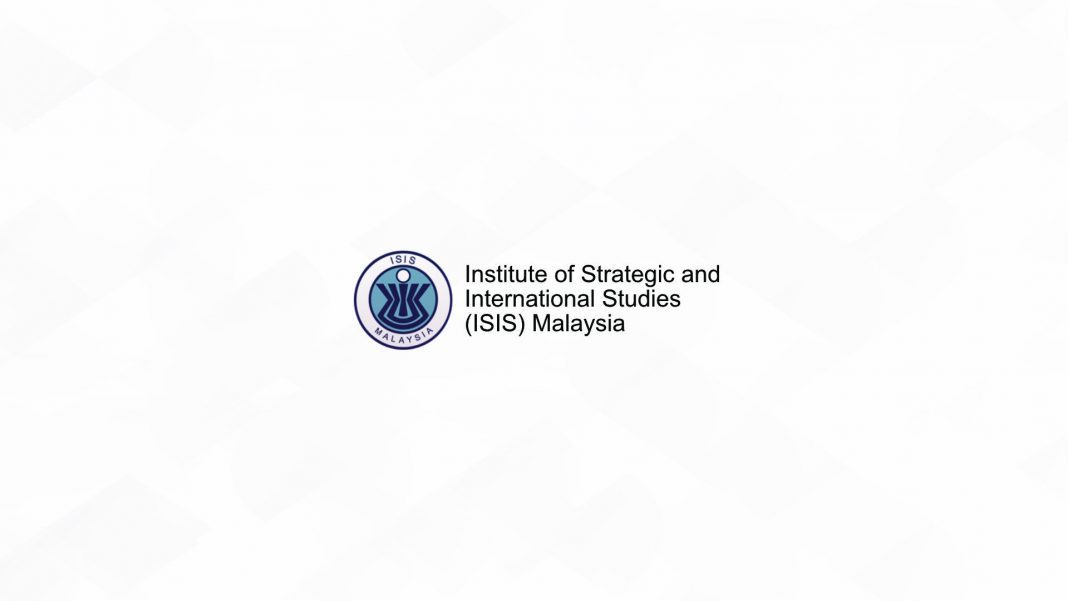THE people of Malaysia must not let disheartening developments elsewhere in the world dampen the optimism of 2020. A number of programmes have been lined up to realise the vision of making it a special year.
Apart from the more popular Visit Malaysia 2020 and Wawasan 2020, a lesser-known campaign is perhaps the Kuala Lumpur World Book Capital 2020 (KLWBC). Starting from April 23, KLWBC will roll out numerous activities to boost the reading culture, develop the local book industry and enhance access to knowledge.
Among the activities are the construction of Kota Buku Complex, a campaign for train commuters and new digital services for 12 libraries in KL’s marginal areas. At this point, however, there is scant information on them.
This is not to suggest that the KLWBC secretariat has not spent time and energy to promote the event. Banners, TV appearances and promotions at major events in KL have introduced KLWBC. However, KLWBC remains at the periphery of society’s consciousness. Many people I have interacted with continue to be oblivious to its presence.
Perhaps the KLWBC secretariat could engage focal points such as bookstores, book fairs and several public figures to amplify awareness. Our bookstores and book fairs are normally packed with shoppers who make up the target audience of KLWBC programmes.
Engaging public figures such as Youth and Sports Minister Syed Saddiq Syed Abdul Rahman and popular celebrities like Mira Filzah to make public service announcements could boost the effectiveness of KLWBC’s online campaign. Up to now, KLWBC social media pages attract only a small number of followers.
A more rigorous campaign could instil confidence in people that KLWBC envisages a long-term plan to inculcate the reading culture. Granted, we need more investment of resources in our libraries and book industry.
Local libraries pale in comparison to shopping malls while some say that the book industry is stagnating. Indeed, KLWBC activities could revitalise public interest in libraries and re-energise the production of books by local writers. The latter is especially important, as it could articulate informed local narratives in shaping readers’ worldviews.
But the key task is to get people to love reading. To sustain interest in libraries and books, KLWBC should become a catalyst for the development of the reading habit. Without this transformative value, KLWBC would just become another festival.
It may appear that a long-term framework is not the strongest suit of the World Book Capital programme. There is not much information on the long-term benefits of carrying the prestigious title from previous holders, such as Wroclaw (2016) and Bangkok (2013). Thus, it is imperative that the KLWBC secretariat translate its programmes and slogan, “KL BACA: Caring through Reading”, into an attitude-changing force that not only sets itself apart from previous holders, but also elevates the culture of KLites.
That slogan is particularly remarkable. In aiming to form a caring society, it aligns itself with Wawasan 2020 — whose formulation ISIS Malaysia was a part of — and is at the heart of a major socio-cultural agenda in Malaysia, which is the enhancement of harmony and tolerance.
After all, social disharmony and conflict are borne out of fear of “the other”, the unknown element. By reading, we gain insights into matters that are previously unknown to us. It grants us the power to overcome our fear of the unknown, which may manifest itself in things as mundane as language, custom or skin colour.
A simple reading about different civilisations and cultures could become a window to understand the worldviews and experiences — both painful and joyful — of peoples we initially deem as “them”. This could bridge gaps among different groups of individuals as sensibilities and sympathies develop among them.
This is why KLWBC is so important. It encourages reading as a remedy to social ills and to build resistance to elements threatening our integrity as a multicultural society. Its secretariat and stakeholders must realise the big role KLWBC can play in nation-building. On the other hand, individuals must find the courage not only to start the habit of reading, but also to burst the bubble they live in by reading materials outside their comfort zone.
Challenges remain in this post-truth world. With fake news and low-quality books spreading like a locust swarm, readers might be hindered from consuming worthy materials. Employment of critical thinking is one measure to escape this trap — KLWBC could incorporate elements of it.
It should also critically assess its programmes to ensure inclusivity among citizens of Kuala Lumpur. It should rethink the format of the KLWBC Fun Run, which does not reflect the multinational nature of Kuala Lumpur’s population. It admits only Malaysians.
This article first appeared in the New Straits Times on January 27, 2020





